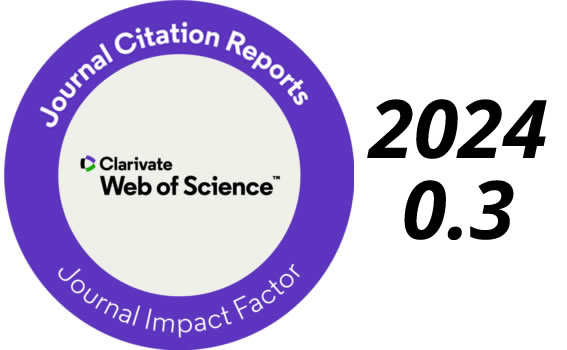Water production from food processing wastewaters using integrated membrane systems: A sustainable approach
DOI:
https://doi.org/10.24850/j-tyca-2017-06-09Keywords:
Wastes, microfiltration-ultrafiltration, nanofiltration, treatment, sustainability, recoveryAbstract
Castro-Muñoz, R., Fíla, V., Rodríguez-Romero, V. M., & Yáñez-Fernández, J. (November-December, 2017). Water production from food processing wastewaters using integrated membrane systems: A sustainable approach. Water Technology and Sciences (in English), 8(6), 129-136,
DOI: 10.24850/j-tyca-2017-06-09.
This scientific note reviews current approaches for using membrane technology to treat wastewater from food processing, for example, as a means to produce water by recovering components with high added value. In addition, with regard to the availability of wastewater, processes that contain membranes have been shown to be advantageous in terms of treating waste, recovering solutes, and producing water. With regard to the latter, processes that contain membranes can be considered to be a sustainable methodology given the valorization of waste. Lastly, this note provides a brief general view emphasizing a real need to apply membrane technology in the food industry, and indicates that its application is undoubtedly to come.
Downloads
Published
How to Cite
Issue
Section
License
By Instituto Mexicano de Tecnología del Agua is distributed under a Creative Commons Attribution-NonCommercial-ShareAlike 4.0 International License. Based on a work at https://www.revistatyca.org.mx/. Permissions beyond what is covered by this license can be found in Editorial Policy.









